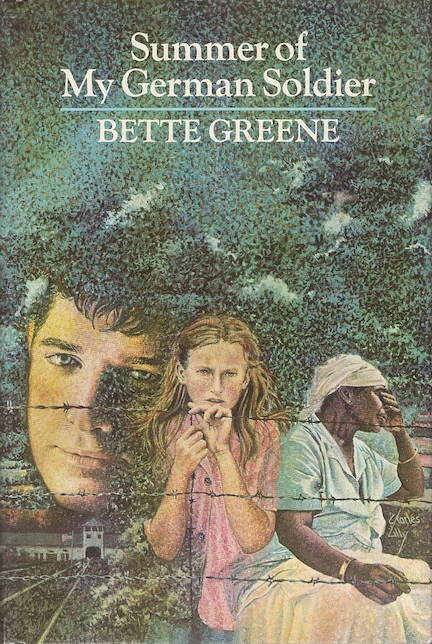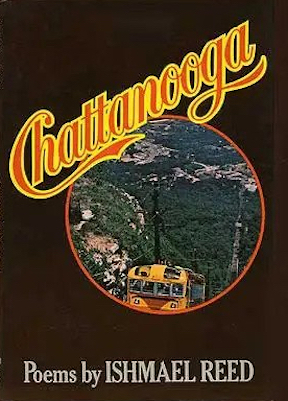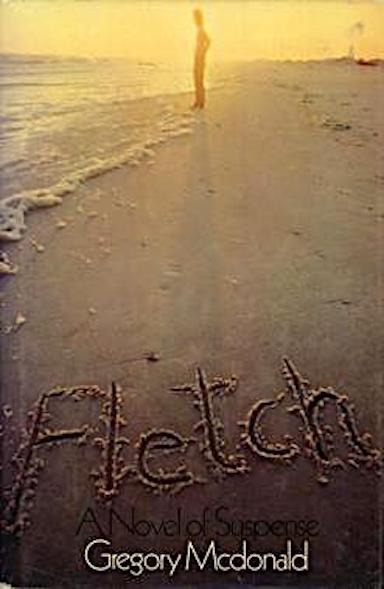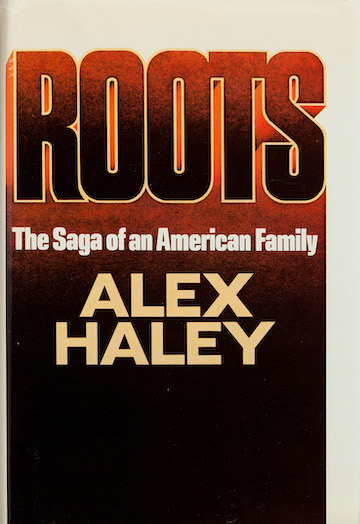A lot happened in 1973. President Richard Nixon was sworn in to his second term, and the simmering Watergate scandal boiled over shortly thereafter. Skylab, the first U.S. space station, was launched. Secretariat won the Triple Crown. And Humanities Tennessee was founded prior to becoming one of the private, nonprofit state councils affiliated with the National Endowment for the Humanities. As we celebrate Humanities Tennessee’s 50th birthday this year, we’ve decided to mark the occasion by highlighting 50 notable Tennessee books published over the past five decades.
 We’ll be sharing all these titles in a series of posts over the coming months, as well as through in-depth essays and online discussions about selected books. We hasten to say that we don’t claim these are the “best” Tennessee books (whatever that means) or the most popular or important. Ours is simply a list of noteworthy books that spoke to their moment and reflected some aspect of the literary life of Tennessee. In the slideshow below, we’ve shared snippets of reviews and other commentary to give a sense of how the books were greeted in their day. We hope you’ll find them worth remembering, reading, or revisiting as we look back at an eventful half-century. You’ll find a collection of all the 50 Books/HT50 material to date here.
We’ll be sharing all these titles in a series of posts over the coming months, as well as through in-depth essays and online discussions about selected books. We hasten to say that we don’t claim these are the “best” Tennessee books (whatever that means) or the most popular or important. Ours is simply a list of noteworthy books that spoke to their moment and reflected some aspect of the literary life of Tennessee. In the slideshow below, we’ve shared snippets of reviews and other commentary to give a sense of how the books were greeted in their day. We hope you’ll find them worth remembering, reading, or revisiting as we look back at an eventful half-century. You’ll find a collection of all the 50 Books/HT50 material to date here.
Summer of My German Soldier by Memphis native Bette Greene (Dial Press, 1973)
Chattanooga: Poems by Chattanooga-born poet, novelist, and playwright Ishmael Reed (Random House, 1973)
Fletch by Gregory Mcdonald, a Massachusetts native who made his home for many years in Pulaski, Tennessee (Bobbs-Merrill, 1974)
Roots: The Saga of an American Family by Alex Haley, whose family lived in Henning, Tennessee (Doubleday, 1976)
Whistle by James Jones, the third novel in the author’s WWII trilogy, set in a fictionalized Memphis (Delacorte Press, 1978)
"This is an exceptionally fine novel about a young girl whose mediocre parents don't like her, precisely because she is an inconveniently exceptional human being. 12‐year‐old Patty Bergen begins to learn to her genuine surprise that she is a lovable person, 'a person of value,' from a German P.O.W. escapee in Arkansas during World War II." ~ The New York Times, Nov. 4, 1973
"The wild and woolly author of 'Mumbo Jumbo' and 'Yellow Back Radio Broke-Down' offers a volume of poetry surprisingly more sober than his generally mindblowing prose. ... Tersely written, with a fine tight rhythm, a complete lack of sentimentality, plus a refreshing idiosyncratic vision: 'A crocodile dont hunt/ Him's victims/ They hunts him/ All he do is/ Open he jaws.'" ~ Kirkus Reviews, Oct. 1, 1973
"In the seven years or so since 'Fletch' first appeared, Gregory Mcdonald has won a great deal of acclaim - two Edgars, lots of sales, enthusiastic reviews all over the place. Obviously Mr. Mcdonald touched some kind of nerve with his mod, irreverent, truth-seeking Fletch, he of the courtly speech, icy intelligence and wry humor." ~ The New York Times, Dec. 19, 1982
"'Roots' is a study of continuities, of consequences, of how a people perpetuate themselves, how each generation helps to doom, or helps to liberate, the coming one — the action of love, or the effect of the absence of love, in time. It suggests, with great power, how each of us, however unconsciously, can’t but be the vehicle of the history which has produced us. Well, we can perish in this vehicle, children, or we can move on up the road." ~ James Baldwin for The New York Times, Sept. 26, 1976
"If the Prell/Winch/Strange trio represents the spirit of the Regular Army, here that spirit crumbles, goes tragically berserk as the men tear apart from within. They are not victims. Like the knights of the roundtable, they are part of the ritual crucifixion of an outworn fellowship, an idealism bastardized by draftees and mere timeservers. This is at its best an almost mystical book in which the inner psychology of soldiering is much like that of the doom-driven warriors of Homer who hear the gods whistling up their spines—and Jones' dense, long-lined prose has never been more Homeric.” ~Kirkus Reviews, March 1, 1978

Humanities Tennessee is the state affiliate of the National Endowment for the Humanities (NEH). Founded in 1973, we continue to develop ways to connect, learn, and grow as a community.
 We’ll be sharing all these titles in a series of posts over the coming months, as well as through in-depth essays and online discussions about selected books. We hasten to say that we don’t claim these are the “best” Tennessee books (whatever that means) or the most popular or important. Ours is simply a list of noteworthy books that spoke to their moment and reflected some aspect of the literary life of Tennessee. In the slideshow below, we’ve shared snippets of reviews and other commentary to give a sense of how the books were greeted in their day. We hope you’ll find them worth remembering, reading, or revisiting as we look back at an eventful half-century. You’ll find a collection of all the 50 Books/HT50 material to date here.
We’ll be sharing all these titles in a series of posts over the coming months, as well as through in-depth essays and online discussions about selected books. We hasten to say that we don’t claim these are the “best” Tennessee books (whatever that means) or the most popular or important. Ours is simply a list of noteworthy books that spoke to their moment and reflected some aspect of the literary life of Tennessee. In the slideshow below, we’ve shared snippets of reviews and other commentary to give a sense of how the books were greeted in their day. We hope you’ll find them worth remembering, reading, or revisiting as we look back at an eventful half-century. You’ll find a collection of all the 50 Books/HT50 material to date here.












